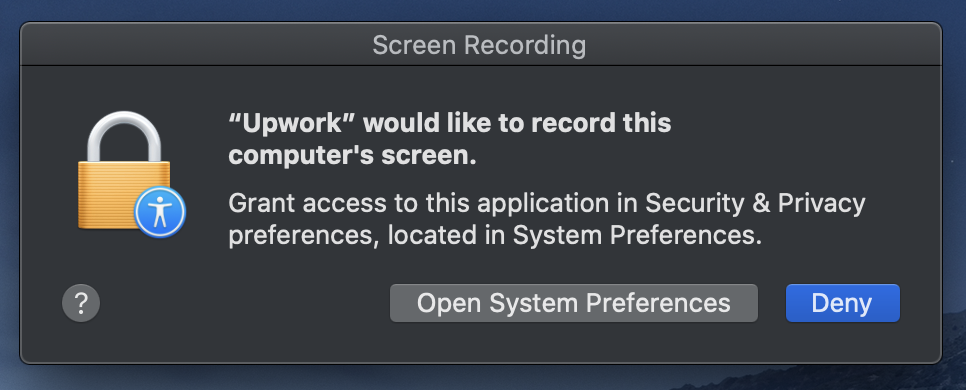
- #Permissions reset app mojave how to#
- #Permissions reset app mojave update#
- #Permissions reset app mojave iso#
#Permissions reset app mojave how to#
cdr so the final filename is Mojave.iso How to use VirtualBox to run macOS Mojave Creating a VirtualBox macOS machine is a bit tedious, but it’s worth the hassle.īefore you start, make sure to download VirtualBox and install it on your Mac. cdr at the end, rename the file to remove that. This is what you’ll use to install macOS Mojave in VirtualBox. Once the command finishes running, check your destination folder to see if you have an. Hdiutil convert ~/ NameOfFolder/NameOfFile.cdr -format UDTO -o ~/ NameOfFolder/NameOfFile.iso Change the NameOfFolder and NameOfFile to the names you created Then, open the Terminal app and enter the following command. We recommend putting it in Downloads or Documents for easy access. cdr file that this action creates into an. Next, you’ll need to actually convert the.

#Permissions reset app mojave update#
We recommend trying this before you update to macOS Catalina. Note: Apple doesn’t typically offer past macOS version installers through the App Store indefinitely.
#Permissions reset app mojave iso#
Creating an ISO Installation Media You can grab a copy of the macOS Mojave installer from the Mac App Store.īecause of the risk of random ISO images, we actually recommend creating your own using the official macOS Mojave installer. While there are plenty of websites out there that have their own ISO images, they all come with a certain level of risk. Unfortunately, an ISO image of macOS is pretty hard to come by. The only things you need for this to work is a copy of Oracle VM’s VirtualBox app, which you can download here, and an ISO image of the macOS version that you’d like to install.

The first required stepsįor illustration purposes, we use Oracle VM’s VirtualBox app but the steps are similar for other virtualization programs. There are also plenty of other uses for virtual machines, but we’ll get to those later. In the context of 32-bit apps, this means that you can still run them in an instance of macOS Mojave even after you’ve upgraded your Mac to Catalina.

Instead, a virtualization program like VirtualBox, Parallels Desktop, VMware Fusion, or similar apps lets you create virtual machines - essentially self-contained computers that operate independently of your host operating system. Virtualization, in a nutshell, is a way to run any operating system on your current computer without needing to install them individually or create a dual-boot situation.


 0 kommentar(er)
0 kommentar(er)
